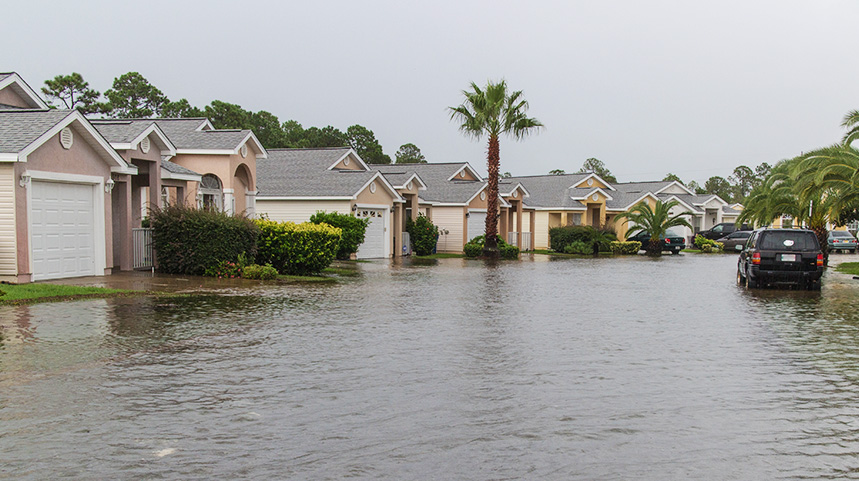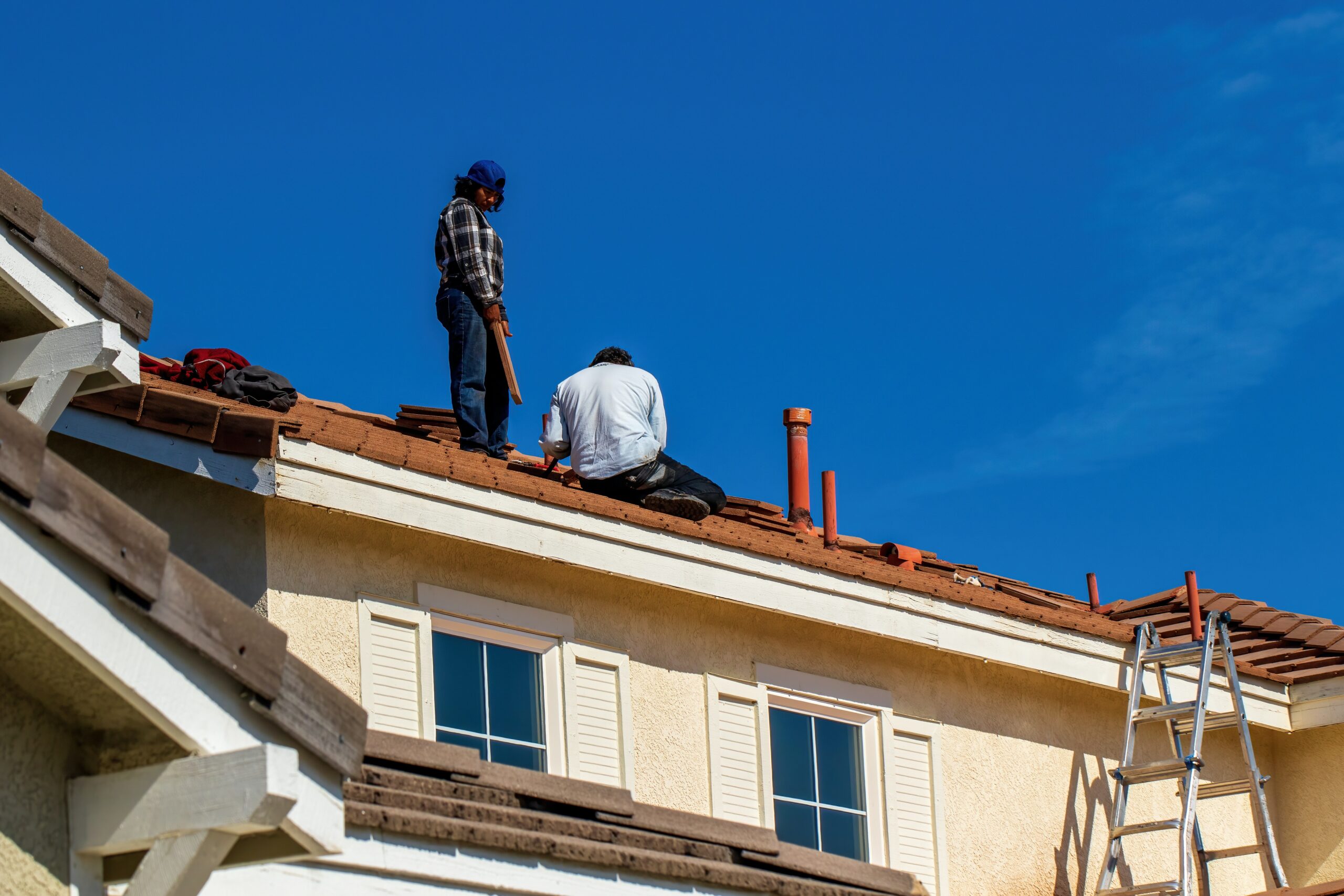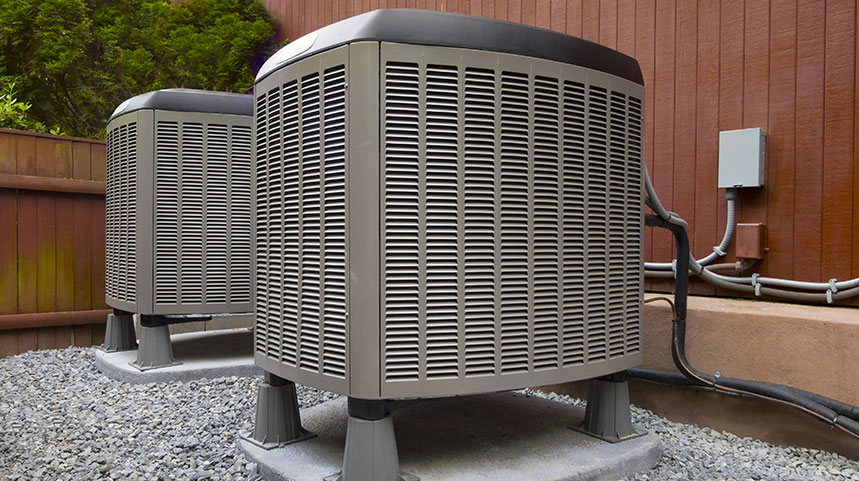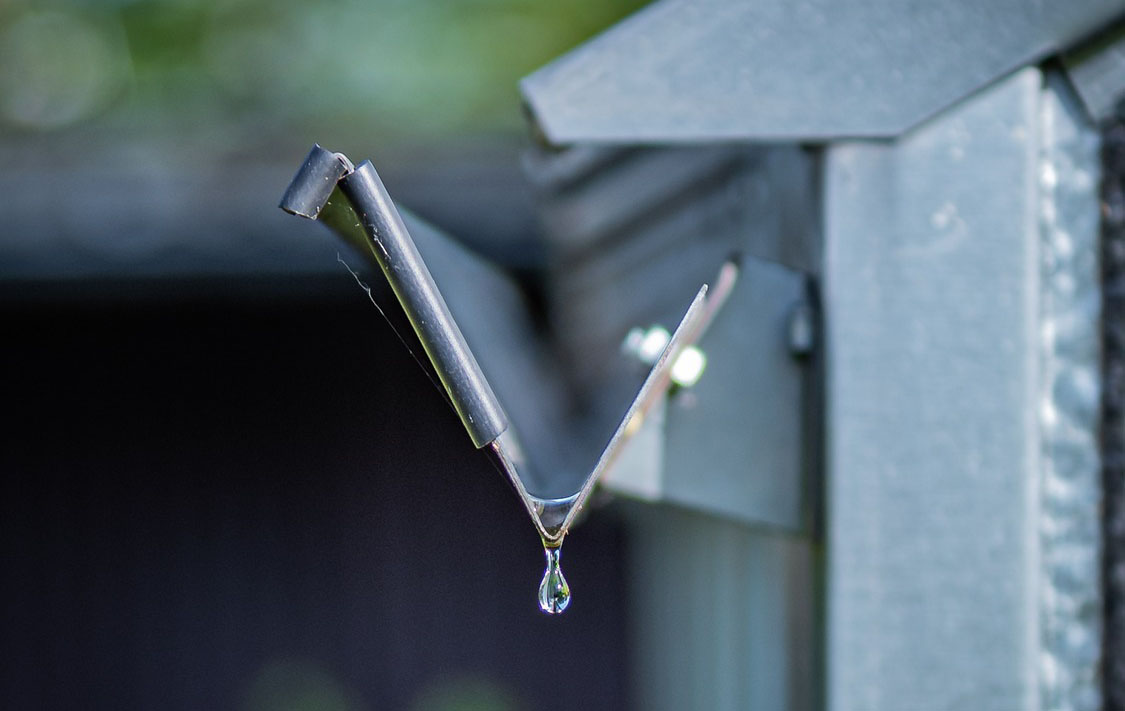
Here are six proactive steps you can take for protecting your home, family or other occupants from dangerous storms. Tip …

But some smells require more attention than others because they can cause health problems, fires, or even death. Let’s take a closer look at five domestic odors you should pay attention to if they occur in your home.
If you smell smoke in your home, exit your home through the nearest door or window, and call 911. Don’t return to the home, and don’t worry about turning off the electricity, because your local fire department will shut off utilities when they arrive. It’s also critical to know what your smoke detector sounds like so you and your family will recognize it in the event of a fire. Another urgent task is to change the batteries in your smoke detector annually and check that they’re working at least once a month.
Another key smell that could indicate that you have an electrical short somewhere is a pungent “fish” smell. This smell often indicates that there’s a burning electrical implement somewhere in your home. As it turns out, electrical wires and other manufactured plastic components emit a fishy smell when they’re exposed to high heat. If you smell this particular odor, take a look at your outlets and electrical components to see if anything is melting or otherwise malfunctioning.
The smell of rotten eggs is instantly recognizable and can be an indicator of a serious problem in your home. The two most common sources of a rotten egg smell are a natural gas leak, and escaping sewer gas.
In its natural state, natural gas is actually odorless. That’s why utility companies inject a substance called mercaptan, which emits an odor that smells like sulfur or rotten eggs. If there’s a very strong smell, you could have a substantial natural gas leak. Leave the area, call 911 from a safe place, and call your utility company so they can send out a technician as well. It’s also important not to smoke or use matches or lighters because natural gas is flammable.
If you detect a faint smell of rotten eggs on occasion, you may have a leak of sewer gas, which contains toxic elements including hydrogen sulfide and methane. Often the source of sewer gas is a bathroom that isn’t used very often. The pipes under a shower or sink have a u-shaped trap where water usually blocks sewer gas from leaking back into a home. To create that barrier, simply pour a cup of water into the bathroom drain. If you can’t find the source of the sewer gas leak in your plumbing, the issue could be a vent pipe, which disperses sewer gas through a home’s roof. If you can’t find the source, simply call a home inspector or plumber to investigate.
Out of all the dangers posed by substances in a home, one is particularly deadly and doesn’t contain any detection substances like mercaptan. Carbon monoxide doesn’t smell like anything, and yet it can be absorbed by the human body in minutes, leading to unconsciousness, illness, or death. This quick catastrophe is a nightmare for many parents. Sources of carbon monoxide in a home can include space heaters, gas, and wood stoves, fireplaces, and untuned car and truck engines.
That’s why it’s important to keep a carbon monoxide detector in your home, as well as a smoke detector. They work off a variety of technologies. In a biomimetic sensor, a gel changes color when it absorbs carbon dioxide, triggering an alarm. Others use circuit chips or chemical solutions to detect carbon monoxide and trigger an alarm. Install one carbon monoxide detector per floor to ensure that the gas doesn’t become trapped in one area.
If your carbon monoxide detector goes off, move everyone outside into the fresh air. Carbon monoxide exposure can produce flu-like symptoms, so if these signs are present, call 911 immediately. If you can, open your doors and windows before heading outside to vent the gas from your home. Don’t re-enter the home until the alarm stops, or the authorities say it’s safe to return home. Contact a professional to evaluate your heating appliances and any other potential sources of carbon monoxide to prevent a future incident.
If you smell a musty or moldy odor, you could have a mold problem—some people say that mold smells like dirty socks or feet. Mold can vary in severity from being merely an inconvenience to being dangerously toxic, so it’s important to address the issue immediately. People with asthma and allergies can find that their symptoms are exacerbated by exposure to mold.
If you do find mold, disinfect non-porous substances like tile with a solution of bleach and water, and let it sit for a few minutes before venting the area. If your mold outbreak is in drywall, it’s best to have a professional remove and replace these areas. If you can’t see the mold, it could be in the walls or ceiling, meaning you’ll need to call your local health department or a home inspector to find the problem.
Finally, if you notice a wild, animal-like smell like a dog in need of a bath, you could have an animal or insect problem. Rodents, raccoons, and squirrels are all prone to getting trapped in neglected parts of a home like the attic or walls. However, if the smell is a noxious, sickly smell, there is probably an insect nest or a dead animal trapped somewhere in the plumbing or air ducts. Call a professional HVAC repair or plumbing company to come inspect your home’s systems and get your home back to smelling right.
We hope this information helps you find the root cause of the strange smell in your home. If you think there is a potential bug infestation causing the smell, read our article on bugs in your home.

Here are six proactive steps you can take for protecting your home, family or other occupants from dangerous storms. Tip …

Photo by David Brown Timing is a crucial factor to consider when contemplating the replacement of your roof. Choosing the …

The concept of shading an air conditioning unit—specifically the air compressor—is a widely circulated myth largely based on a misconception of the science …

These infamous storms can combine torrential rains, strong storms, and fierce blizzards into one ferocious package that can knock New England out …

Knowing what qualifies as good attic ventilation is not common knowledge, but without it your home can see a lack …

How to Clean and Maintain Gutters for a Functional Home Gutters are an essential part of any home’s roofing system. …